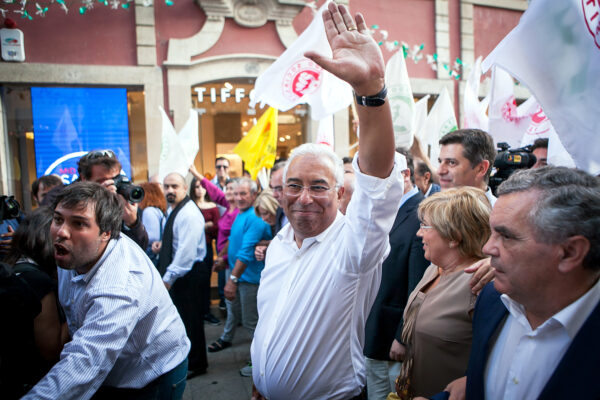
Portugal’s left-wing parties reached an agreement on Friday that could see the removal of Prime Minister Pedro Passos Coelho’s second government only a week after it took office.
In separate statements, the Communists and Left Bloc said they had agreed with the larger Socialist Party to form a government of their own.
Neither party won an overall majority in October’s election. Passos Coelho’s conservatives lost their majority but came in with more seats than the Socialists, led by former Lisbon mayor António Costa. The prime minister received a mandate from President Aníbal Cavaco Silva last week to form another government.
But Passos Coelho recognized on Friday that he may have to go into opposition instead. “If I am not prime minister as of Tuesday it will be because the Socialists did not let me continue,” he told reporters.
Parliament is due to debate the government’s program on Monday before a vote the following day or Wednesday that Passos Coelho is now likely to lose.
Neither the Communists nor the Left Bloc have been in government before. Costa promises they will respect the European Union’s budget rules which they previously rejected. The Communists campaigned on taking Portugal out of the euro altogether.
A left-wing coalition would not be without controversy within Costa’s own party either. Some Socialists prefer a centrist alliance with Passos Coelho, fearful that ruling with the far left will cost them votes in the next election — especially if it invites confrontation with Brussels.
Portugal has so far avoided Greek-style standoffs with the rest of the European Union. It exited its own €79 billion bailout program ahead of time and has seen economic growth return and unemployment drop from a 17-percent high as a result of budget cuts and liberal economic reforms enacted during Passos Coelho’s first term.
